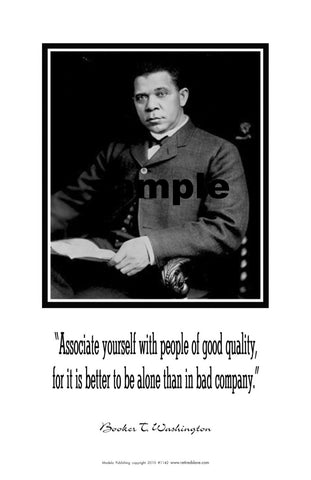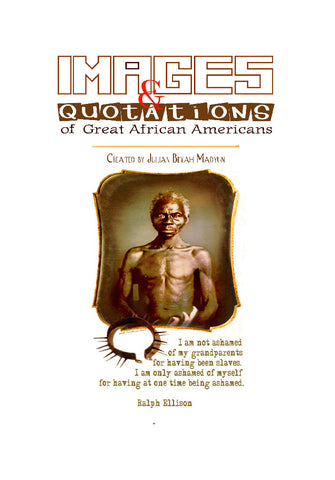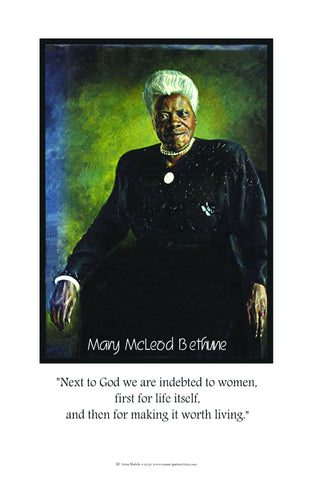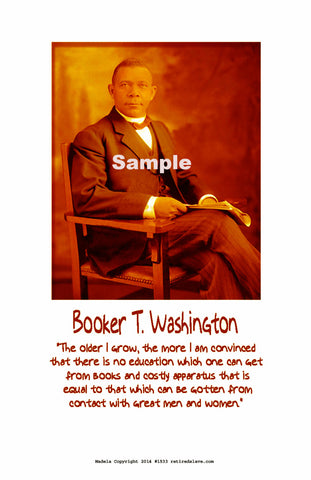SWEET DADDY GRACE #1478
$ 8.00
Caption from poster__
LEGACY OF SWEET DADDY GRACE
The message was mixed with a strong sense of self improvement,
black pride, courage and sense of duty. Today's movement is more
about emotional and physiological solace, social mobility, respectability
and the development of a subculture of divine faith.
coast of West Africa. He immigrated to America in the early 1900s and
lived in New Bedford Massachusetts. Influenced by Pentecostal and
Evangelic ministers, he received a calling to found his first church in
New Bedford. Sometime after a trip to Egypt, Grace received another
calling to move to the Brooklyn community of Charlotte and found the
United House Of Prayer For All People in 1925. Word of his charismatic
ministry grew first from Charlotte and he acquired the fondly used name,
Sweet Daddy Grace. Members of his church were expected to attend
service every day. At church, the congregation would take an hour
"coming to the mountain" by singing, clapping, speaking in tongues, and
feeling the spirit. There were also many claims the Sweet Daddy Grace
healed people and changed lives for the better. With such frequent
attendance, fervent followers and reports of good works, the church
collected far more than average weekly offerings, enabling Sweet Daddy
Grace to expand his church empire around the country and several places
abroad. Sweet Daddy Grace attracted large tent revivals and lakeside
baptism crowds. Critics, uncertain of whether to call the early church a
cult or sect, questioned his acquisition of such huge quantities of congre-
gation money affording Sweet Daddy Grace fancy clothes, expensive cars,
and a mansion in every city having his church. Some critics went farther
and branded him a charlatan, based on these and similar alleged quotes
from Grace: If you sin against God, Grace can save you, but if you sin
against Grace, God cannot save you and "Anything God offers you, I got it.
His attention grabbing, long painted fingernails also drew their ire. A balanced
view of Sweet Daddy Grace and his church's work should note their extensive
track record feeding, clothing and elevating the status of the poor. Though
Sweet Daddy Grace moved his headquarters to Washington, DC, he
returned to Charlotte one week each September. Parades celebrating his
visit became well known for their large attendance and pageantry. He died
in his Los Angeles mansion, which had 85 rooms. Having been self-ordained
before he died in 1960, the body of Bishop Charles Emmanuel Grace was
returned to Charlotte for a final parade around his original church before burial
in Massachusetts. Fitting the bravado of his life, the eulogy was delivered by
Sweet Daddy Grace on tape. Based on the good he did and other principles
he taught, the legacy of Sweet Daddy Grace endures with over 3.5 million
followers in the United House of Prayer for All People.




